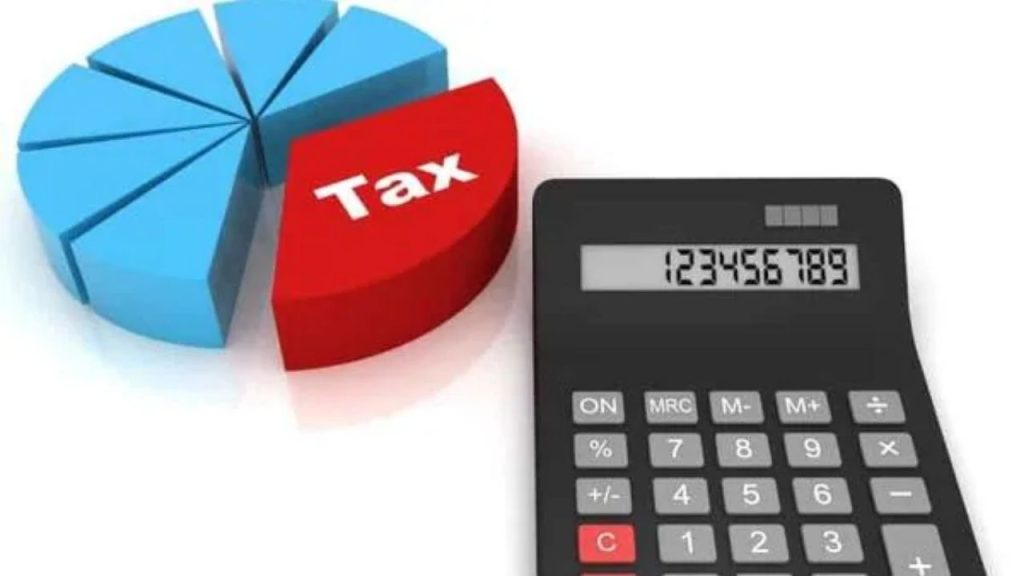The Department for Work and Pensions (DWP) is advising retirees to review their eligibility for Pension Credit, highlighting a key regulation regarding savings. The Pension Credit savings rule affects how capital over £10,000 is assessed, which can impact entitlement to this crucial income top-up and other associated financial support schemes.

The Pension Credit Savings Rule
| Key Element | Detail |
| Benefit Name | Pension Credit. GOV.UK |
| Target Group | People over State Pension age on a low income in the UK. |
| Savings Disregarded | The first £10,000 of savings, investments, or property is ignored. |
| Assessed Savings | For every £500 (or part of £500) over £10,000, £1 is counted as weekly income. |
Understanding How Savings Affect Eligibility
The Department for Work and Pensions (DWP) has reiterated the importance of understanding how capital affects eligibility for Pension Credit, a benefit designed to help low-income retirees. While many believe having savings disqualifies them, the rules are more nuanced.
Under the current guidelines, the first £10,000 of a pensioner’s savings or investments is completely disregarded and does not affect their claim. However, for capital above this threshold, a mechanism known as ‘tariff income’ is applied. This rule stipulates that for every £500, or part thereof, over the £10,000 limit, an assumed income of £1 per week is added to the claimant’s financial assessment.
For example, a person with £12,000 in savings would have the first £10,000 ignored. The remaining £2,000 is treated as four portions of £500, resulting in an assumed weekly income of £4 being added to their other income sources when the DWP calculates their entitlement. There is no upper savings limit, but a higher amount of tariff income can reduce or eliminate the Pension Credit payment.
A Push to Tackle Under-claiming
The clarification from the DWP forms part of a wider effort to boost the uptake of Pension Credit. Official figures consistently show that the benefit is significantly under-claimed. According to government statistics, an estimated 880,000 eligible households were not claiming Pension Credit in the financial year 2022-23, leaving up to £2.1 billion of available support unclaimed.
In a statement, a DWP spokesperson said, “We are committed to ensuring every pensioner receives the financial support they are entitled to. We urge anyone of State Pension age to use the online calculator and check if they could be eligible.” Financial experts have echoed this call, emphasizing that even a small award can make a substantial difference.
A Gateway to Crucial Cost of Living Support
A successful claim for Pension Credit provides more than just a direct weekly income top-up; it acts as a “gateway” to a range of other benefits and cost of living support. This is often the most valuable aspect of a claim.
Recipients of Pension Credit may automatically qualify for additional assistance, which can include:
- Council Tax Reduction, potentially worth over £1,000 a year.
- A free TV Licence for households with someone aged 75 or over.
- Help with NHS costs, such as prescriptions, dental care, and glasses.
- Cold Weather Payments during periods of severe cold.
- Help with housing costs through Housing Benefit.
“Pension Credit is a transformative benefit for those who receive it,” stated a policy expert from Age UK, a leading charity for older people. “The associated benefits can lift people out of fuel poverty and ensure they can afford basic necessities. That is why it is so critical for people not to rule themselves out based on misconceptions about savings.”

How to Check Eligibility
The DWP encourages pensioners to use the official online Pension Credit calculator on the GOV.UK website. This tool provides a quick estimate of what a person might receive. The application itself can be completed online, by post, or over the phone.
To apply, individuals will generally need their National Insurance number, information about their income and savings, and details of their bank account. The DWP has stressed that even those who may have been ineligible in the past should check again, as personal circumstances like a change in savings or a birthday can alter eligibility.
The final payment depends on a variety of factors, including other income, marital status, and whether a person has a severe disability or cares for another adult.
£18 Billion Pension Panic! Why UK Savers Are Rushing to Withdraw Before the Tax Hammer Falls
New Rule Could Delay Your Free Bus Pass: Pensioners in England Hit with Shocking Change
DWP Issues Urgent Warning: The One Week in September That Could Cost Pensioners £300
FAQs
1. What does the DWP count as ‘savings and investments’?
This typically includes funds in bank or building society accounts, shares, and certain properties that you do not live in. The total value of this capital is used in the assessment.
2. Does owning my own home affect my Pension Credit claim?
No, the value of the home you live in is not counted as part of your savings or capital when assessing your eligibility for Pension Credit.
3. Is there an upper savings limit for Pension Credit?
Technically, there is no upper limit. However, as the amount of ‘tariff income’ increases with your savings, it will eventually reduce your Pension Credit entitlement to zero.





